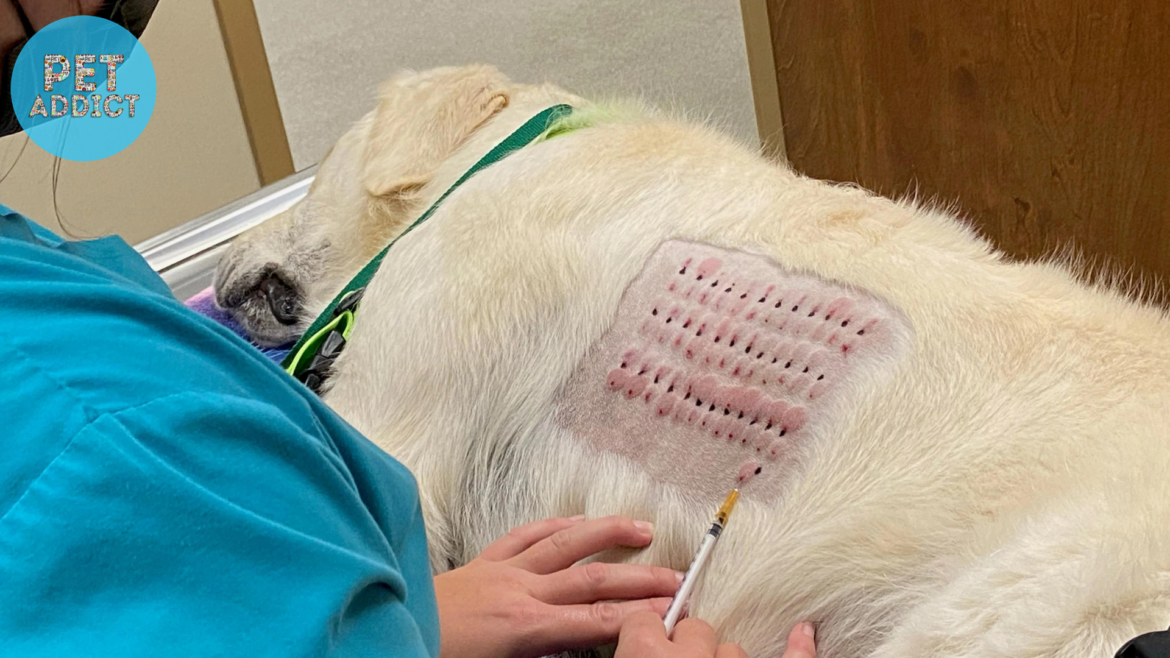As loving pet owners, we want the best for our furry companions, and that includes their health and well-being. Allergies are common in dogs and can significantly impact their quality of life if left untreated. In this comprehensive guide, we will explore the importance of dog allergy testing, the different testing methods available, and the benefits of early diagnosis and effective management.
PetAddict.net – The best place where you can find everything about your pet!
Understanding Canine Allergies
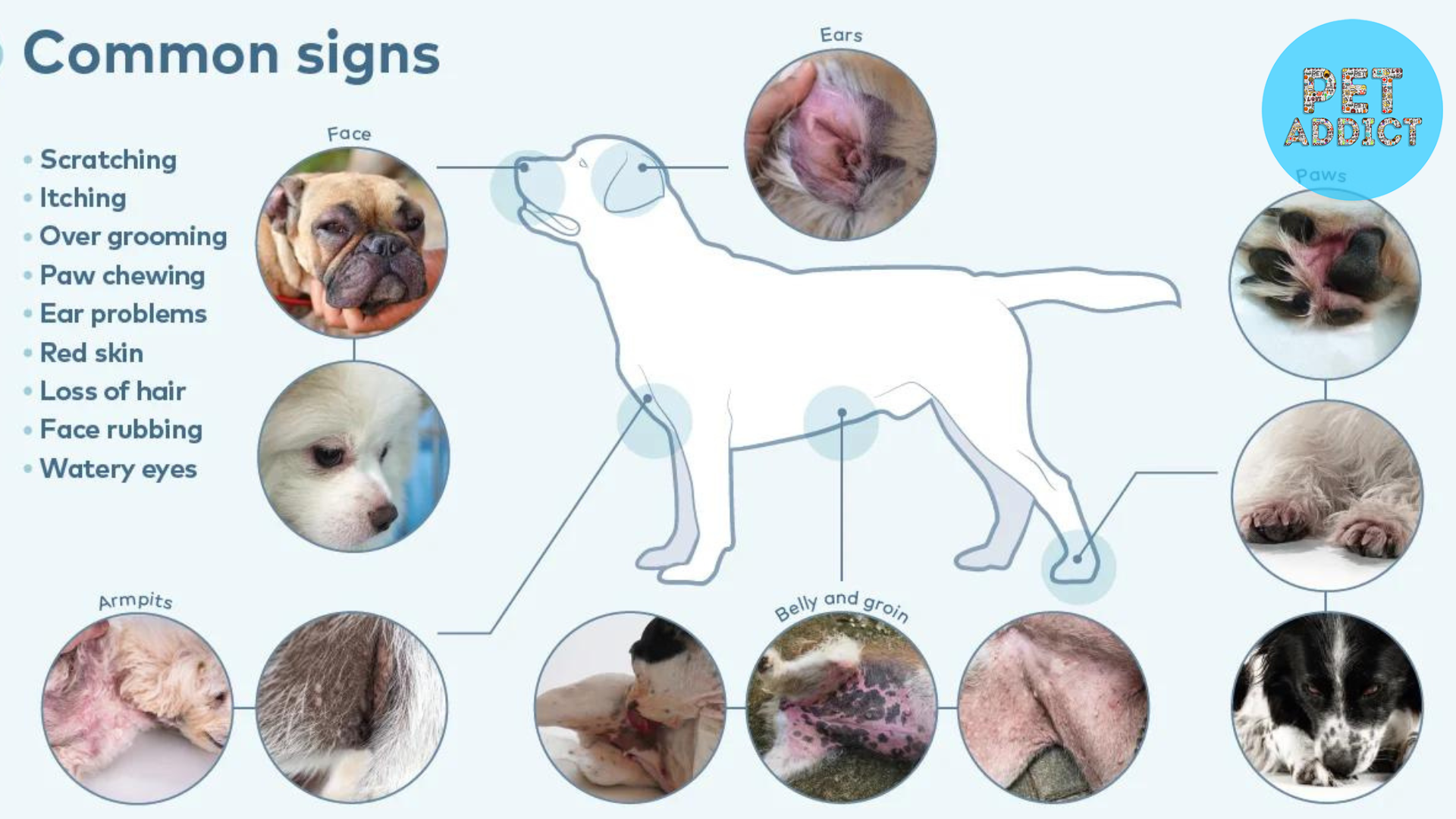
Dog allergies are similar to human allergies and can manifest in various forms, including food allergies, environmental allergies (e.g., pollen, dust mites), and flea allergies. These allergies can cause skin issues, respiratory problems, and gastrointestinal disturbances in dogs, leading to discomfort and reduced vitality.
The Importance of Dog Allergy Testing
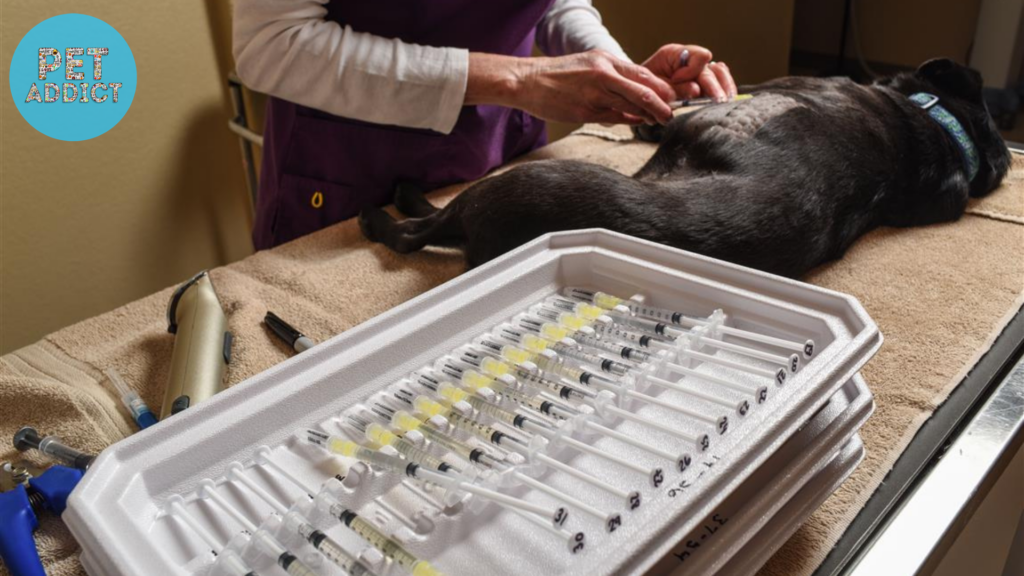
Accurate allergy diagnosis is crucial for identifying the specific allergens triggering an allergic reaction in a dog. Untreated allergies can lead to chronic inflammation, secondary infections, and overall diminished quality of life for our canine companions. Early detection through proper allergy testing enables pet owners to take proactive steps to manage allergies effectively.
Signs Your Dog Might Have Allergies

Identifying allergy symptoms in dogs is essential for prompt evaluation and testing. Common signs of allergies include itching, red or inflamed skin, ear infections, sneezing, coughing, and gastrointestinal upset. Understanding these symptoms and their variations based on the type of allergy can help pet owners recognize potential allergic reactions in their dogs.
Types of Dog Allergy Testing
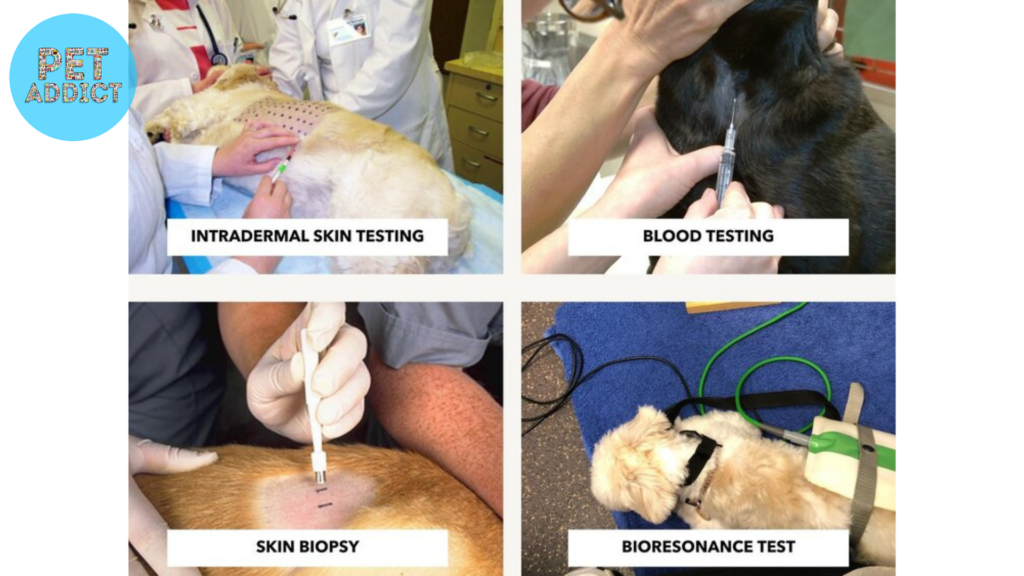
There are two primary methods of dog allergy testing: skin tests and blood tests. Intradermal and patch testing are skin tests that involve exposing the dog’s skin to allergens to observe reactions. Blood tests, such as ELISA and allergen-specific IgE testing, detect specific allergic responses through blood samples. Veterinary dermatologists and veterinarians play a crucial role in performing and interpreting these tests.
Skin Tests for Dog Allergies

Intradermal and patch testing are specialized skin tests that pinpoint allergens causing skin reactions in dogs. Intradermal testing involves injecting small amounts of allergens into the skin to identify reactions, while patch testing exposes the dog’s skin to adhesive patches containing allergens.
Blood Tests for Dog Allergies
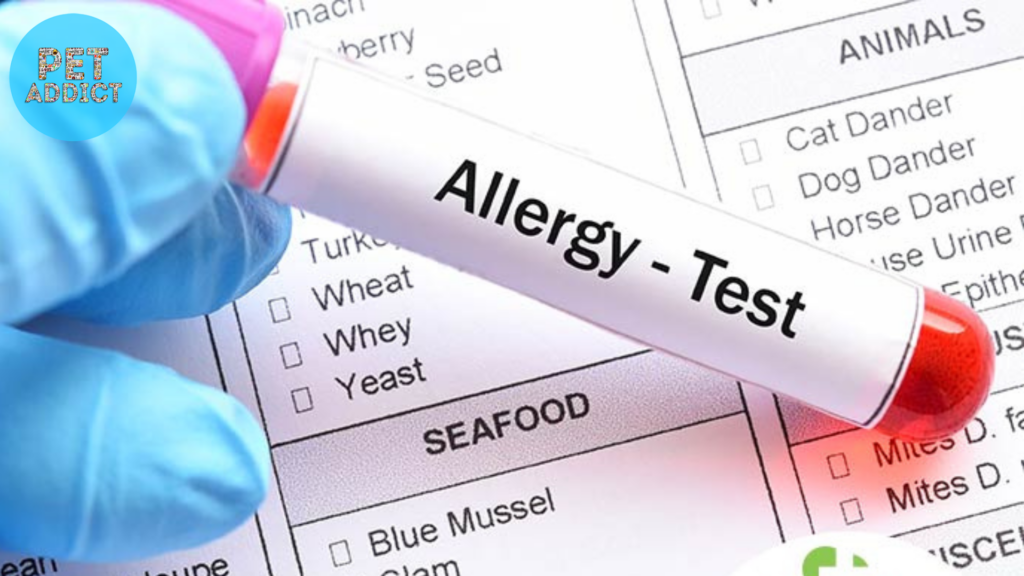
Blood tests offer a less invasive alternative to skin tests and can detect allergic responses through blood samples. ELISA and allergen-specific IgE testing are common blood tests used to identify specific allergens that trigger allergic reactions in dogs.
Interpreting Dog Allergy Test Results

Veterinarians interpret allergy test results to determine the allergens that trigger a dog’s allergic reactions. Understanding positive and negative reactions to specific allergens helps identify potential triggers. Additionally, elimination diets and environmental control may aid in pinpointing specific allergens affecting the dog.
Allergen Avoidance Strategies
Avoiding common allergens in a dog’s environment, such as pollen or dust mites, can help reduce allergic reactions. Pet owners can explore hypoallergenic dog food options for dogs with food allergies and prioritize regular grooming and flea prevention to minimize allergen exposure.
Immunotherapy for Dog Allergies
Immunotherapy, commonly known as allergy shots, involves administering allergen vaccines to desensitize the dog’s immune system to specific allergens. The process aims to reduce the severity of allergic reactions over time. While immunotherapy can be beneficial for certain allergies, it requires regular veterinary monitoring and may not be suitable for all dogs.
The Role of Diet in Managing Allergies
Diet plays a significant role in managing allergies in dogs, especially those with food allergies. Hypoallergenic and limited-ingredient diets can help identify and avoid allergenic ingredients while ensuring the dog receives a balanced and nutritionally complete diet.
Long-term Management and Monitoring
Managing allergies in dogs is an ongoing process that requires continuous monitoring and follow-up with a veterinarian. Allergy symptoms may change over time and with environmental factors, making regular check-ups crucial for effective management.
Conclusion
In conclusion, dog allergy testing is essential for accurate diagnosis and effective management of allergies in our canine companions. Identifying specific allergens allows pet owners to take proactive steps in minimizing allergic reactions and improving their dog’s quality of life. By working closely with veterinarians and veterinary dermatologists, pet owners can develop personalized allergy management plans for their dogs, ensuring they live happy, healthy, and allergy-free lives.

